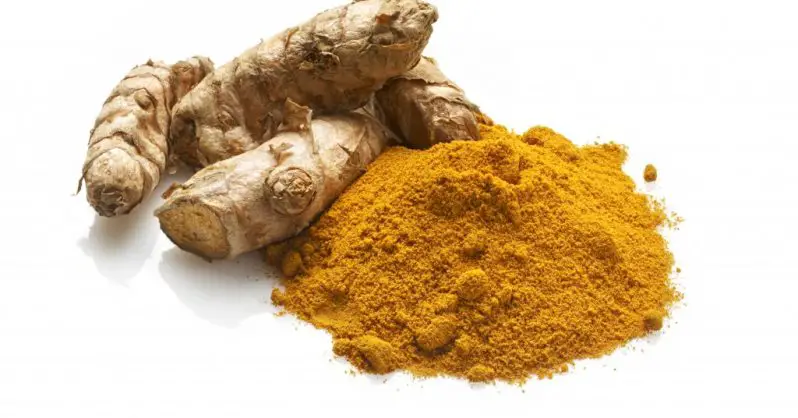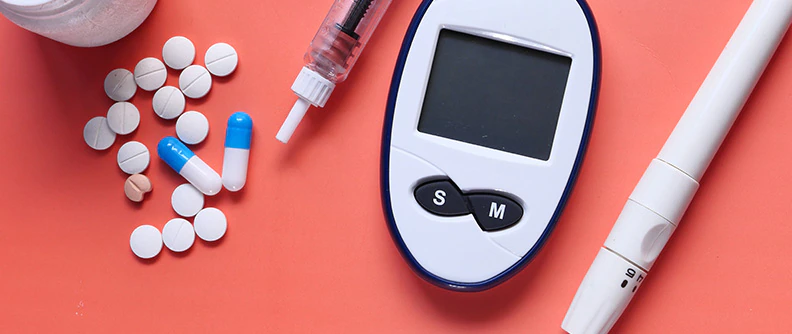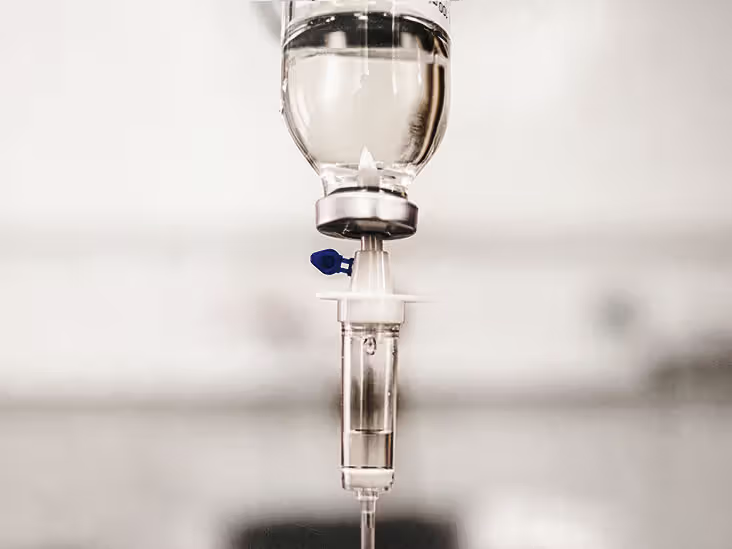Turmeric is often praised as a natural remedy with a range of health benefits. From reducing inflammation to acting as an antioxidant, turmeric and its active ingredient, curcumin, have been used for centuries. However, just because it’s natural doesn’t mean it’s entirely safe. In fact, combining turmeric with certain medications can lead to severe side effects.

If you’re currently taking any medications, it’s crucial to know how turmeric might interact with them. This article explores which drugs turmeric can interfere with and why you should proceed with caution.
What Is Turmeric and Why Is It So Popular?
Understanding Turmeric and Curcumin
Turmeric is a bright yellow-orange spice derived from the root of the Curcuma longa plant. It has been used in Indian and Asian cultures for over 4,000 years as both a spice and a medicinal herb. Turmeric’s health benefits are largely attributed to its active compound, curcumin, which is known for its:
- Anti-inflammatory properties
- Antioxidant effects
- Anti-carcinogenic benefits
- Blood-thinning capabilities
These properties make turmeric a popular choice among those seeking alternative treatments for inflammation, pain relief, and even cancer prevention. However, these same benefits can pose risks when combined with certain medications.
The Side Effects of Turmeric: A Cautionary Tale
Why Turmeric Isn’t Always Safe
The active compounds in turmeric can alter the way your body metabolizes medications. While some people use turmeric to enhance their health alongside pharmaceuticals, it’s essential to know when this powerful spice could cause more harm than good.
Medications You Should Never Mix with Turmeric
1. Blood-Thinning Medications
Turmeric’s anti-thrombotic properties make it a natural blood thinner. While this can be beneficial in reducing blood clots, it becomes dangerous when combined with prescription blood thinners.
Blood Thinners to Avoid Mixing with Turmeric:
- Warfarin (Coumadin)
- Clopidogrel (Plavix)
- Aspirin
Combining turmeric with these medications can increase the risk of excessive bleeding. If you’re taking blood thinners, adding turmeric to your routine could amplify the effects, leading to bruising, prolonged bleeding, and other complications. It’s essential to consult your healthcare provider before using turmeric if you’re on any blood-thinning medication.
2. Medications That Reduce Stomach Acid
Turmeric can also interfere with drugs that reduce stomach acid, potentially leading to an increase in acid production rather than a decrease. This can result in symptoms like bloating, stomach pain, and damage to the esophagus.

Stomach Acid-Reducing Drugs Affected by Turmeric:
- Proton Pump Inhibitors (PPIs): omeprazole (Prilosec), esomeprazole (Nexium), lansoprazole (Prevacid), pantoprazole (Protonix), rabeprazole (Aciphex)
- H2 Blockers: famotidine (Pepcid), cimetidine (Tagamet), ranitidine (Zantac), nizatidine (Axid)
These medications are often prescribed to treat conditions like gastroesophageal reflux disease (GERD), ulcers, and heartburn. Taking turmeric alongside these medications may worsen your symptoms rather than alleviate them.
3. Diabetes Medications
If you’re managing diabetes, turmeric might seem like a beneficial addition to your routine due to its ability to lower blood sugar. However, this can be dangerous when combined with medications designed to do the same.
Diabetes Medications to Watch Out For:
- Insulin
- Metformin
- Glyburide (Diabeta)
- Glimepiride (Amaryl)
- Glipizide (Glucotrol)
Taking turmeric along with diabetes medications can lead to hypoglycemia (low blood sugar), resulting in dizziness, shakiness, blurred vision, confusion, and even loss of consciousness. Consult your doctor before incorporating turmeric into your regimen if you’re taking any of these drugs.
4. Allergy Medications and Turmeric Sensitivity
Some people experience allergic reactions to turmeric, ranging from skin rashes to more severe responses like shortness of breath and anaphylaxis. If you’re on allergy medications or notice any allergic symptoms after taking turmeric, it’s best to stop its use immediately.

Symptoms of Turmeric Allergy:
- Skin rashes or hives
- Swelling of the face, lips, or throat
- Difficulty breathing
If you’re prone to allergies or have a known sensitivity to turmeric, exercise caution before including it in your routine, especially if you’re already on medication for allergies.
5. Iron Supplements
Turmeric can inhibit the absorption of iron in the body. If you’re taking iron supplements to treat anemia or iron deficiency, turmeric may interfere with the effectiveness of your treatment. For those relying on iron supplements, it’s advised to limit turmeric intake or consult a healthcare provider to determine a safe dosage.
6. Chemotherapy Medications

Turmeric’s anti-carcinogenic properties might seem like a helpful addition to cancer treatment. However, it can interfere with chemotherapy drugs and reduce their effectiveness. If you’re undergoing cancer treatment, always discuss potential supplements with your oncologist before making any changes to your routine.
Why Turmeric Can Be Harmful When Combined with Medications
Understanding the Interaction Mechanism
The same properties that make turmeric beneficial—its ability to lower inflammation, thin blood, and alter digestion—also make it risky when combined with specific medications. Turmeric can amplify, diminish, or even block the effects of certain drugs, leading to serious health risks.
Personalized Reactions: Everyone Is Different
It’s also essential to understand that everyone’s body reacts differently to supplements and medications. Factors like dosage, duration of use, and individual metabolism can affect how turmeric interacts with other drugs. Always consult your healthcare provider to ensure safe use.
Proceed with Caution: Tips for Safe Turmeric Use
- Always Consult a Doctor: Before incorporating turmeric into your daily routine, discuss it with your doctor, especially if you’re already on medication.
- Start Slow: If you’re new to turmeric, start with small doses to see how your body reacts before increasing the amount.
- Be Aware of Side Effects: Pay attention to any adverse reactions like stomach pain, dizziness, or excessive bleeding. If these symptoms occur, stop using turmeric immediately and consult a healthcare professional.
- Monitor Your Blood Sugar: If you’re diabetic, keep a close eye on your blood sugar levels, as turmeric can lower blood sugar and increase the risk of hypoglycemia.
- Check for Allergies: If you experience any signs of an allergic reaction, such as skin rashes, hives, or breathing difficulties, discontinue turmeric use and seek medical advice.
Conclusion: Turmeric Isn’t Always Safe
Turmeric may be a powerful natural supplement, but it’s not always compatible with pharmaceutical medications. If you’re on any of the medications mentioned, proceed with caution and always consult a healthcare professional before adding turmeric to your routine. Remember, natural doesn’t always mean safe, especially when it comes to drug interactions. Stay informed, be cautious, and prioritize your health above all else.


